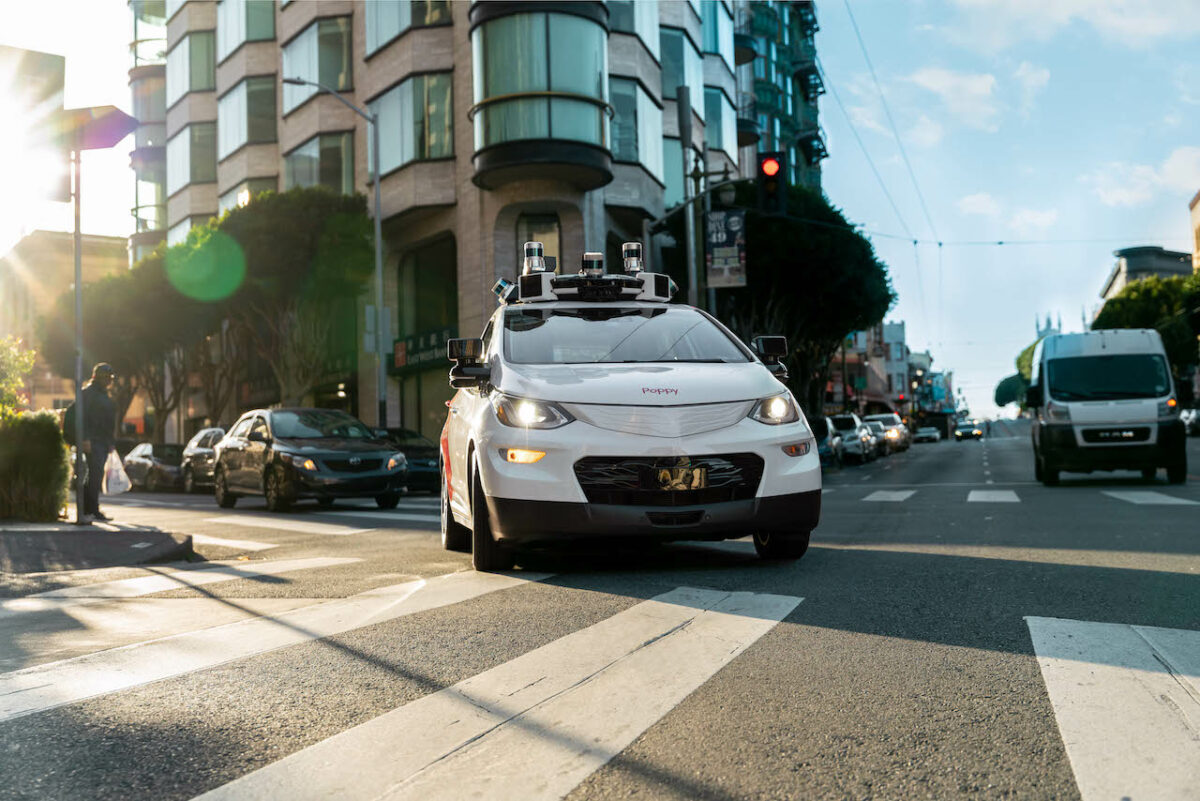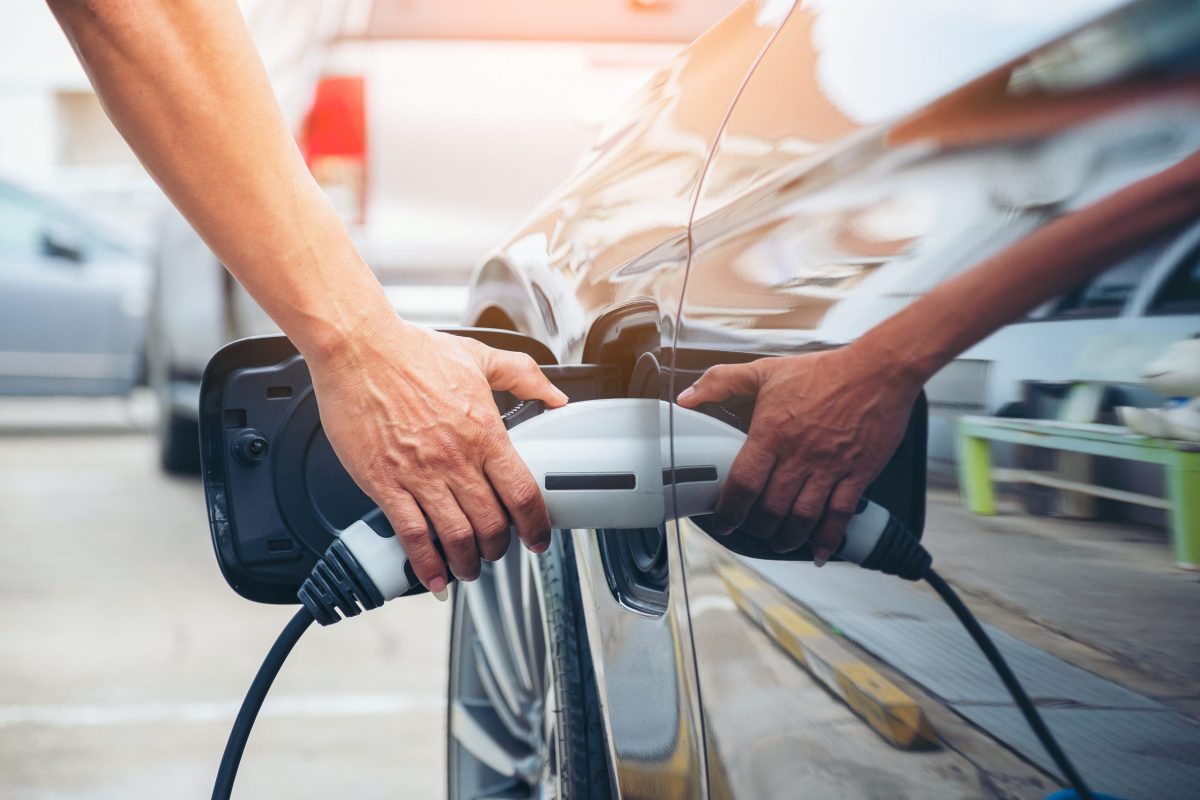With the loss of 11 lives, the explosion and subsequent oil leakage at the Deepwater Horizon rig in the Gulf of Mexico on 20th April was never a trivial event. However, at first it did appear to be containable, both literally and politically.
One month on, the true enormity of the problem has become painfully clear to BP, to the US government, and to the watching world. With this growing realization of an environmental, social and economic disaster unfolding on the coastlines of Louisiana and the adjacent states of Alabama, Mississippi, and Florida, the oil industry and the automotive industry must be braced for the political consequences.
In the first instance of course ‘blame’ will be heaped upon the primary company responsible for the rig: BP. Since the explosion, BP has already lost about 25% of its market value, equivalent to about US$50bn. As of 28th May, BP said that its response costs had risen to about US$930m. President Obama has come under intense pressure to act, and has already said that BP would be held accountable for this ‘horrific disaster’.
The more cataclysmic assessments of the oil spill are therefore turning attention to US lifestyles and, in particular, the use of cars
More fundamentally, questions are now being asked of many aspects of US policy with respect to petroleum. In effect, there is a hierarchy of concern with three broad levels:
- The need for improvements to the current management and regulation of the oil industry with respect to offshore drilling and other operations;
- The need for stronger precautionary measures to be in place should further disasters occur;
- The need to reduce US dependence upon oil.
For the oil industry as a whole, this is rapidly becoming a problem of political and policy containment. The industry, by virtue of its absolute necessity for the US economy, has enjoyed decades of power and influence. Hence the oil industry is likely to prefer stronger regulation and increased costs, rather than a profound shift away from oil as an energy source.
Events of this nature, however, have a tendency to run out of control; not least, the oil industry will find other deep sea oil spills around the world under investigation by journalists and campaigning groups alike.
Ironically, greater use of deep-sea drilling, along with the exploitation of more environmental contentious sources such as tar sands, partly arises out of the US government’s desire to reduce dependence upon imported oil. The Obama response has been a moratorium of further deep sea exploration in the Gulf of Mexico, but this of course increases dependency upon imported oil.
this could be a crucial tipping point towards the accelerated adoption of fuel-efficient vehicles, hybrids and electric cars
The automotive industry of course is not directly in the firing line with respect to Deepwater Horizon, but as soon as the proximate causes are examined then it is clear that petrol consumption by US cars is top of the list. The more cataclysmic assessments of the oil spill are therefore turning attention to US lifestyles and, in particular, the use of cars.
Americans are discovering that ‘cheap’ petrol can come at a rather high environmental price. For the automotive industry this could be a crucial tipping point towards the accelerated adoption of fuel-efficient vehicles, hybrids and electric cars.
Dr Peter Wells is a Reader at Cardiff Business School, where he is a Co-Director of the Centre for Automotive Industry Research and leads the automotive industry research programme within BRASS, also in Cardiff University. Dr Wells is also a director of AutomotiveWorld.com’s sister website AWPresenter.com. He can be contacted on wellspe@cardiff.ac.uk.
The opinions expressed here are those of the author and do not necessarily reflect the positions of Automotive World Ltd.



